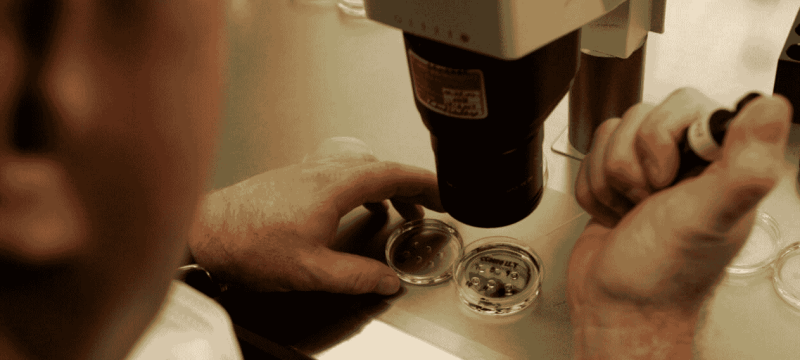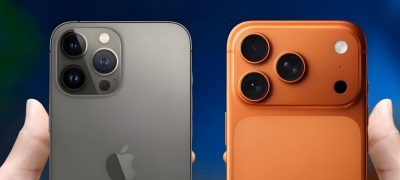Scientists have announced a major milestone by creating fertilisable eggs from human skin cells and combining them with sperm in a laboratory setting. The achievement, revealed on Wednesday, could one day allow infertile people to have biological children.
The research team, led by US scientists, stressed that the technology is still in its early stages and many years away from practical use. Experts, however, believe the findings could redefine infertility, which currently affects one in six people worldwide.
The technique, known as in-vitro gametogenesis (IVG), aims to help women who cannot produce eggs naturally and same-sex couples who want genetically related children. Paula Amato, co-author of the study from Oregon Health & Science University, said the breakthrough holds great promise for the future of reproductive medicine.
To achieve this, scientists removed the nucleus from human skin cells and placed it into donor eggs with their nucleus removed. This process, called somatic cell nuclear transfer, mirrors the technique used to clone Dolly the sheep in 1996. A further challenge was reducing the 46 chromosomes of skin cells to 23, the normal number for eggs. Researchers managed this through a process they named “mitomeiosis,” mimicking natural cell division.
In total, 82 developing eggs — called oocytes — were produced. These were fertilised with sperm through IVF, creating embryos. Only around nine percent developed to the stage suitable for potential IVF transfer, but researchers noted this rate is not unusual compared to natural reproduction.
The study, published in Nature Communications, confirmed the embryos showed abnormalities, so the process was halted. Despite this, the creation of human fertilisable eggs represents a major advance.
Experts like Ying Cheong from the University of Southampton hailed the results as “exciting.” She explained that for the first time, scientists demonstrated that DNA from body cells can be activated and made into eggs capable of fertilisation.
While practical use may be at least a decade away, the research shows how science is moving closer to turning skin cells into fertilisable eggs. If successful, this could transform fertility treatments worldwide.
In other news read more about: Pakistani Scientists Create Java Plum Sensor to Detect Milk Spoilage







